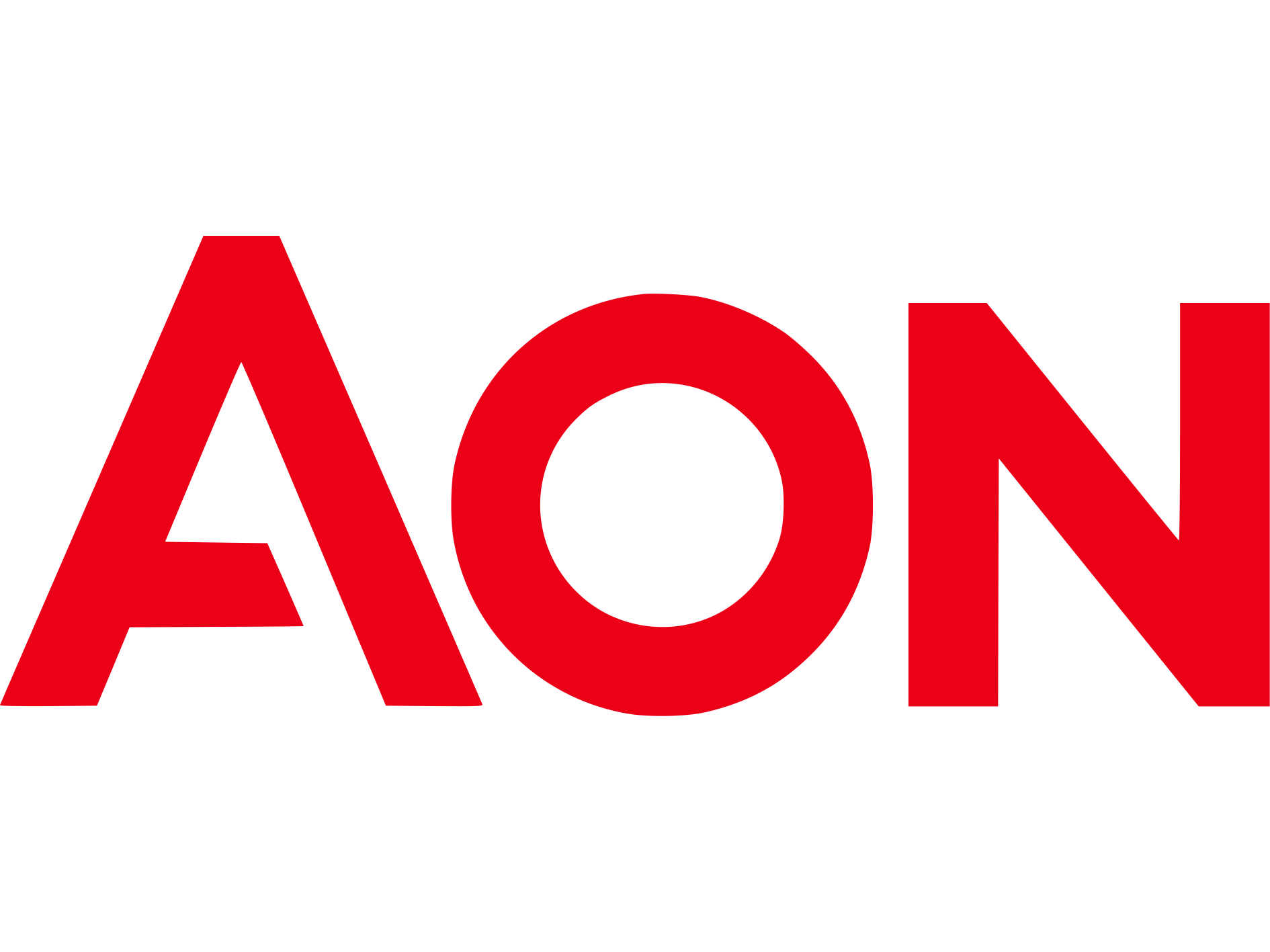A Fundamental Alignment Between Doctors and Their Insurers
We all know managing claims can be costly with legal fees growing through the life of a claim. The purpose of medical indemnity insurance is to protect you against such costs.
But with claims settlements are rising across all classes of indemnity and insurance, and in turn leading to systematic rises in membership contributions and premiums, early notification of a potential claim has never been as important as a way to control those growing costs.
Early Intervention and Cost Containment
Early notification of potential claims (complaints and incidents) is akin to having an early diagnosis. The earlier a matter is detected the earlier it can be remedied; in essence early intervention can assist with cost containment. Not all complaints escalate into claims - with the right management, some can be mitigated early – and of course not all claims are valid and may be robustly defended.
Insurance companies and their medical indemnity insurance clients (be they a doctor or a private clinic or hospital) are deeply aligned in their interests to promote patient safety practices that reduce the likelihood of incidents and claims. That said, incidents, complaints and claims can and do happen.
There were 15,000 clinical negligence claims reported to NHS Resolutions in 2021/22 alone. When claims are made, how you are protected and supported through that process matters.

Be Completely Open
The sooner our specialist medico-legal team is contacted the more effectively we can support you to achieve positive outcomes for you and your patients. When reporting a matter it’s important to be completely open and securely provide the following information:
- An incident summary - essentially a who, what, where and when.
- Any communication between you and the patient and family or legal representatives.
- The patient’s record including any diagnostics.
Another significant benefit of early notification of a circumstance, ensures that an arising claim – potentially years later - will be covered even if you have ended your policy.
Support from a Highly Experienced Team
Claims can be distressing for all involved – regardless of fault – which makes it is important to know your medical indemnity and medico-legal teams are highly experienced in working with doctors, consultants and surgeons to manage, mitigate and resolve matters.
Claims can be distressing for all involved – regardless of fault – which makes it is important to know your medical indemnity and medico-legal teams are highly experienced in working with doctors, consultants and surgeons to manage, mitigate and resolve matters.

Circumstances Explained
Under the terms of your insurance policy, any Circumstance must be reported to insurers as soon as is practicable. A “Circumstance” is: “any circumstances of which you become aware, or should reasonably have become aware, that may reasonably be expected to give rise to a Claim.”
Examples of a Circumstance could include but not limited to:
-
A complaint, written or verbal (whether justified or not), from the patient or on their behalf, that expresses dissatisfaction at your provision of, or your failure to provide, care and that alleges the patient suffered “Bodily Injury” as a result. In insurance, Bodily injury means death, illness and disease including impairment or injury, anguish or nervous shock.
-
An event that involves potential or actual Bodily Injury that triggers the threshold for the statutory duty of candour.
-
A request for access to medical records received from a solicitor or third party on the basis that a claim against you/your service (including any of your employees) is being contemplated.
-
An unexpected or unusual death of which you become aware.
-
A serious adverse outcome or clinical “near miss” in which you believe there may have been a negligent act, error or omission, irrespective of whether or not the patient or their representative has made a complaint.
-
An incident reported under the NHS Serious Incident Framework that involves potential or actual Bodily Injury.
-
An accusation of abuse, including organisational abuse, levied by patients, families, local authority, commissioner or any other entity.
These examples are for general guidance only and this is not an exhaustive list. If you are in any doubt regarding whether a Circumstance is reportable then you should notify the matter as a precaution. Failure to do so could affect the validity of your insurance policy.
To discuss any of the issues raised in this article, please contact the Medical Indemnity Team on 0330 912 0684.
The volume of clinical negligence claims and reported incidents received in-year increased from 13,351 to 15,078 NHS Resolution Annual-report-and-accounts 2021 22 Summary
Whilst care has been taken in the production of this article and the information contained within it has been obtained from sources that Aon UK Limited believes to be reliable, Aon UK Limited does not warrant, represent or guarantee the accuracy, adequacy, completeness or fitness for any purpose of the article or any part of it and can accept no liability for any loss incurred in any way whatsoever by any person who may rely on it. In any case any recipient shall be entirely responsible for the use to which it puts this article.
This article has been compiled using information available to us up to 15/02/2023.

